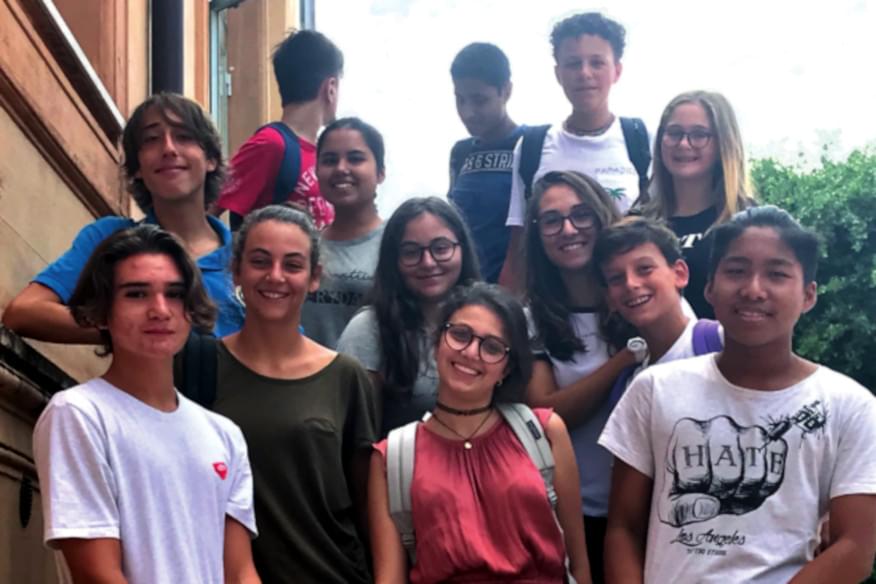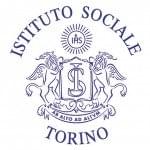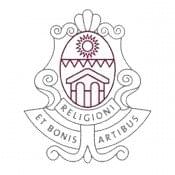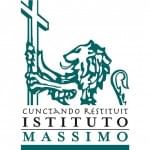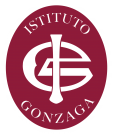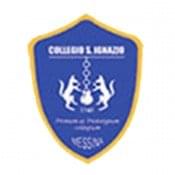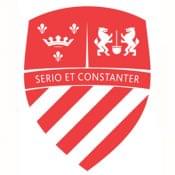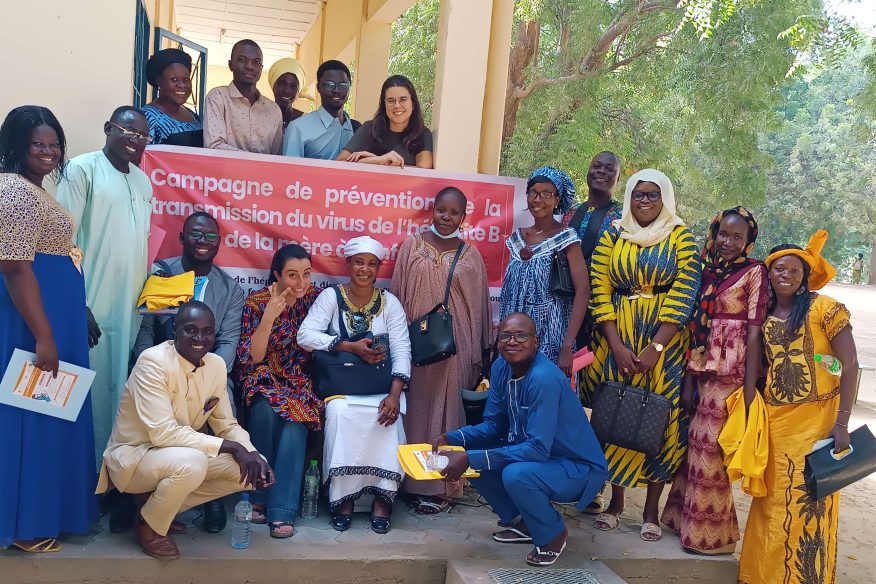Education
Men and women for others
The Jesuit Education Foundation is a network of schools and educational works of the EUM Jesuits. It puts the Society’s centuries-old educational charism at the service of the world’s challenges of the world to help the Church and the global society.
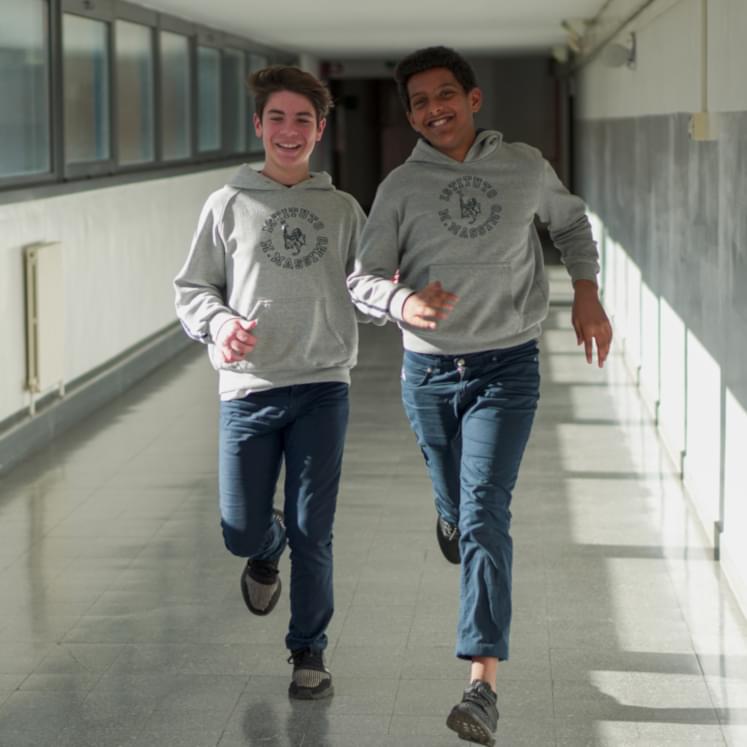
The Ignatian method
The Ratio Studiorum offers and educational project consisting in five steps that interact and communicate with each other in a cyclical succession.
Context
It is the student’s current situation, based on her or his real-life experience. It’s the starting point of cura personalis, care for the individual in his or her uniqueness, which is the basis for personalized and meaningful learning. Within the school, it is represented by the reality of the class and of the individual student, and includes historical-cultural, territorial, family and personal data.
Experience
It’s entering the world and its events, to “relish things interiorly”: an emotional and intellectual experience, which motivates to seek knowledge and enables to express potentialities, a response to life and needs. The teacher creates the conditions in which students construct and organize the material of their personal experience to assemble and expand what they already understand as facts, values, concepts, and insights.
Reflection
The student goes deep into the meaning of what she or he has learned, delves into it, processes it, analyzes, compares, transforms it into a step for growth in his life. The teacher accompanies and helps to form a point of view, a personal conscience and to consider events with a critical sense, to move from knowledge to action.
Action
“Love is manifested in action, not words.” Action is an aspect of inner growth that is grounded in experience and its external manifestations. It can be related to interior and exterior personal choices. Learning relates to one’s life and leads to gaining a positive outlook on things, for the promotion of faith and justice. Action leads to “knowing how to do and know how to be,” to “life skills.”
Evaluation
A “rereading” through which the student is guided to become aware of the progress made, self-evaluate, take responsibility for his or her own growth process, identifying further objectives for improvement. The teacher encourages the student by noting his or her progress, presenting new points of view, offering information and suggesting different perspectives, to create a new contextual basis for a new learning process.
Ignatius of Loyola, the founder
“He who goes about to reform the world must begin with himself”
A living tradition in the XXI century
A 2019 document defines the main characteristics of Ignatian schools today, with a particular focus on creating a serene and healthy environment for all.
